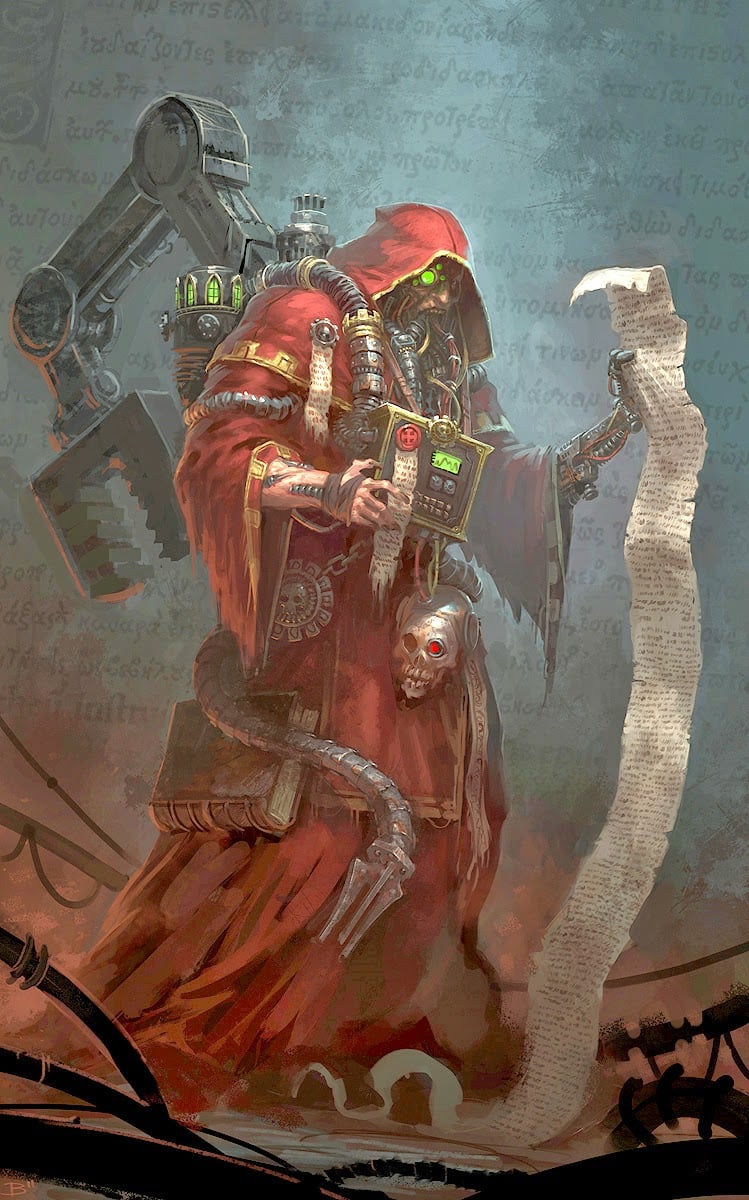His writing won China’s first Nobel Prize for Literature, but is it patriotic enough for Xi Jinping’s China? That’s the question at the center of a high-profile lawsuit that has driven a debate about nationalism in China in recent weeks.
Patriotic campaigns have become more common in recent years in China, as online nationalists attack journalists, writers or other public figures they say have offended the country’s dignity, but it is unusual for a figure as prominent as Mo Yan to be targeted.
Patriotic blogger Wu Wanzheng, who goes by “Truth-Telling Mao Xinghuo” online, filed suit against the novelist last month under a 2018 law that made insulting heroes and martyrs a crime punishable by up to three years in prison. Wu claims that Mo’s books smeared the ruling Communist Party’s reputation, “beautified” enemy Japanese soldiers and insulted former revolutionary leader Mao Zedong.
The law is part of Xi’s campaign to fight “historical nihilism,” a catch-all phrase the party uses for any interpretation of historical events that runs counter to its official narrative.
Mo, whose real name is Guan Moye, won the Nobel in 2012. He is known for portraying rural life in China and delving into some of the downsides of the country’s rapid economic development.
The law is part of Xi’s campaign to fight “historical nihilism,” a catch-all phrase the party uses for any interpretation of historical events that runs counter to its official narrative.
The only thing I am surprised by is that it took this dictatorship that long to come up with such a law.
This is the best summary I could come up with:
Patriotic blogger Wu Wanzheng, who goes by “Truth-Telling Mao Xinghuo” online, filed suit against the novelist last month under a 2018 law that made insulting heroes and martyrs a crime punishable by up to three years in prison.
Wu claims that Mo’s books smeared the ruling Communist Party’s reputation, “beautified” enemy Japanese soldiers and insulted former revolutionary leader Mao Zedong.
The Chinese government has not formally commented on the saga, but state-run tabloid Global Times on Tuesday published a story quoting a recent speech by Mo, indirectly signaling support for the author.
Sharp-tongued media commentator and former editor of Global Times Hu Xijin also criticized Wu, calling his attempt to sue Mo a “farce” and a “populist” act.
“Mo Yan, your novel Red Sorghum smears the heroes and martyrs and glorifies the factual evidence of the invading Japanese army,” wrote one Weibo user.
Murong Xuecun, a well-known Chinese writer who lives in exile in Australia, said he sees no evidence the government is backing the targeting of Mo, but it has created an environment where such patriotic attacks are encouraged.
The original article contains 717 words, the summary contains 180 words. Saved 75%. I’m a bot and I’m open source!




